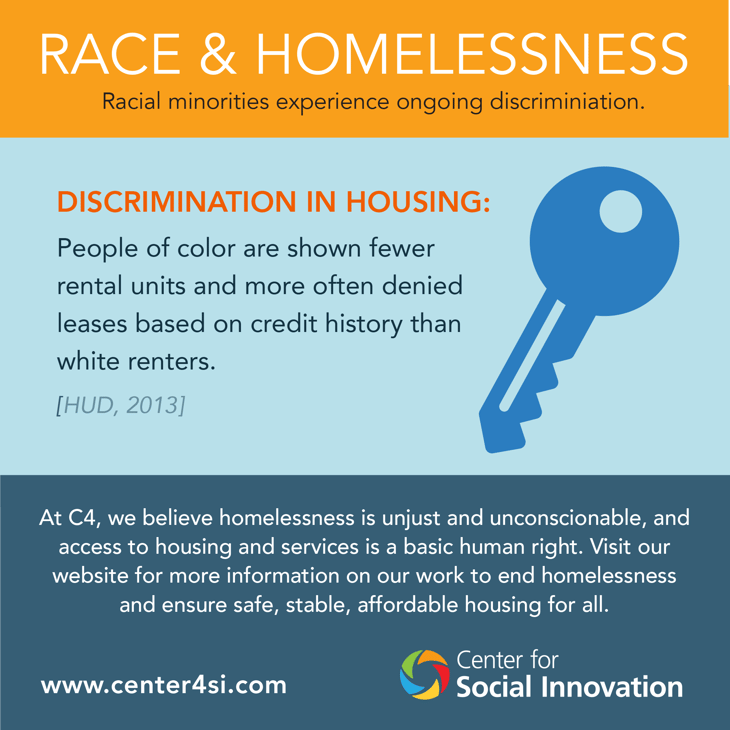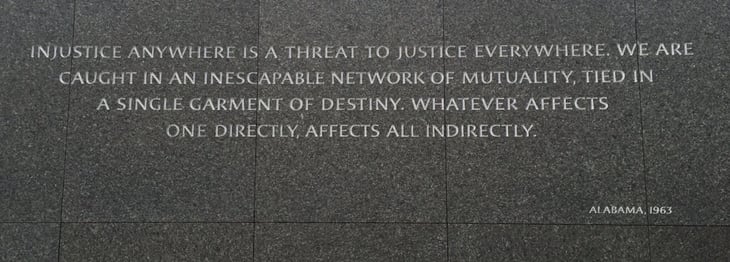This post is first in a series of stories from youth about their experiences of homelessness and resiliency. Thank you to each of the authors who have so generously shared personal details of their lives for the benefit of others. We are inspired by their courage and hopes for the future. We must learn from their stories and partner with them to implement effective, meaningful solutions.
When I was 21, I was living in a group home run by the Department of Children and Families (DCF) in the South End of Boston. I had been living there for a few years and was growing more and more frustrated with my situation. I didn’t have a lot of freedom to have friends and to do stuff that I felt other 21 year olds were doing. I couldn’t even have my cell phone when I was in the house. I knew my time with DCF was coming to an end. Maybe I was also scared and nervous about what was going to happen next since we had done little to no planning. I mostly felt frustrated and wanted my freedom.










